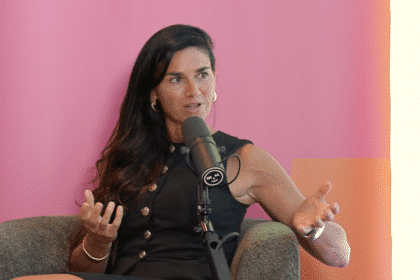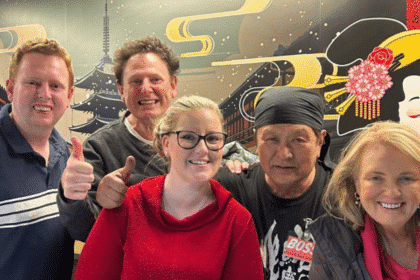Over half (61 per cent) of Australian women would consider leaving their job if they find out that their organisation has a gender pay gap — regardless of how big the gap is — according to new research by HR tech unicorn HiBob.
Surprisingly, 36 per cent of men also express a willingness to leave, signalling a growing sense of solidarity and shared concern regarding pay disparities in the workplace.
The finding comes just days before the Australian government’s Workplace Gender Equality Agency (WGEA) is due to start publishing the gender pay gaps of private-sector organisations with more than 100 employees on the 27th of February, 2024.
The publication of gender pay gaps looks to be the final straw for many women in the workplace, with fewer women (36 per cent) compared to men (55 per cent) saying that organisations are doing enough to close the gap. A third of women (31 per cent) go as far as to say that their organisation will never prioritise closing the pay gap.
As for what would encourage women to consider a new job at a new company, pay has rocketed to the top of the list of reasons, with 78 per cent saying they’d consider a new job for more money (up from 36 per cent last year). Pay is then followed by a strong and healthy company culture (43 per cent), then flexible work models (42 per cent), and a clearer path to promotion (36 per cent).
These are the findings from HiBob’s third annual Women in the Workplace report, which surveys around a thousand men and a thousand women in Australia to uncover the many issues women face in the workplace. The research assesses pay, job progression, leadership, job security and more, at a time when the country faces economic uncertainty.
“Pay is the foundation of the relationship between employees and employers — and if there’s a gap between genders, nothing damages that relationship more,” said Nirit Peled-Muntz, chief people officer at HiBob.
“I don’t believe organisations deliberately set out to pay one gender more than another, but we do have a problem in Australia, and it’s something organisations need to prioritise fixing. Because not only is pay equality fair, it helps improve profitability. Research by McKinsey says that companies with the highest levels of gender and ethnic diversity are 15 per cent and 35 per cent more likely, respectively, to have financial returns above their industry’s average”.
As for potential ways organisations could solve the gender pay gap, more than four in five (83 per cent) women say that organisations should conduct annual pay equality audits, and a further four in five (84 per cent) say that organisations should conduct performance and promotion audits annually to ensure they’re being done fairly.
84 per cent of women also say organisations should promote and support diversity in leadership, and 79 per cent say organisations should make diversity a core business value and foster an inclusive culture.
“Fixing the gender pay gap is the big ‘people challenge’ of our time, but an organisation can’t fix it if it doesn’t have the right employee remuneration data easily to hand. Getting that information is key to understanding why a gender pay gap exists within an organisation so you can take steps to rectify it,” said Peled-Muntz.
The research also finds that pay is just the tip of the iceberg regarding the challenges facing Australian women in the workplace. 40 per cent of women believe that men are promoted more often or quicker than women within their company (compared with 18 per cent of men who think this), indicating a huge disconnect in perceptions between genders. One in four women (26 per cent) say that a colleague has made them feel uncomfortable or less qualified in the workplace based on their gender.








